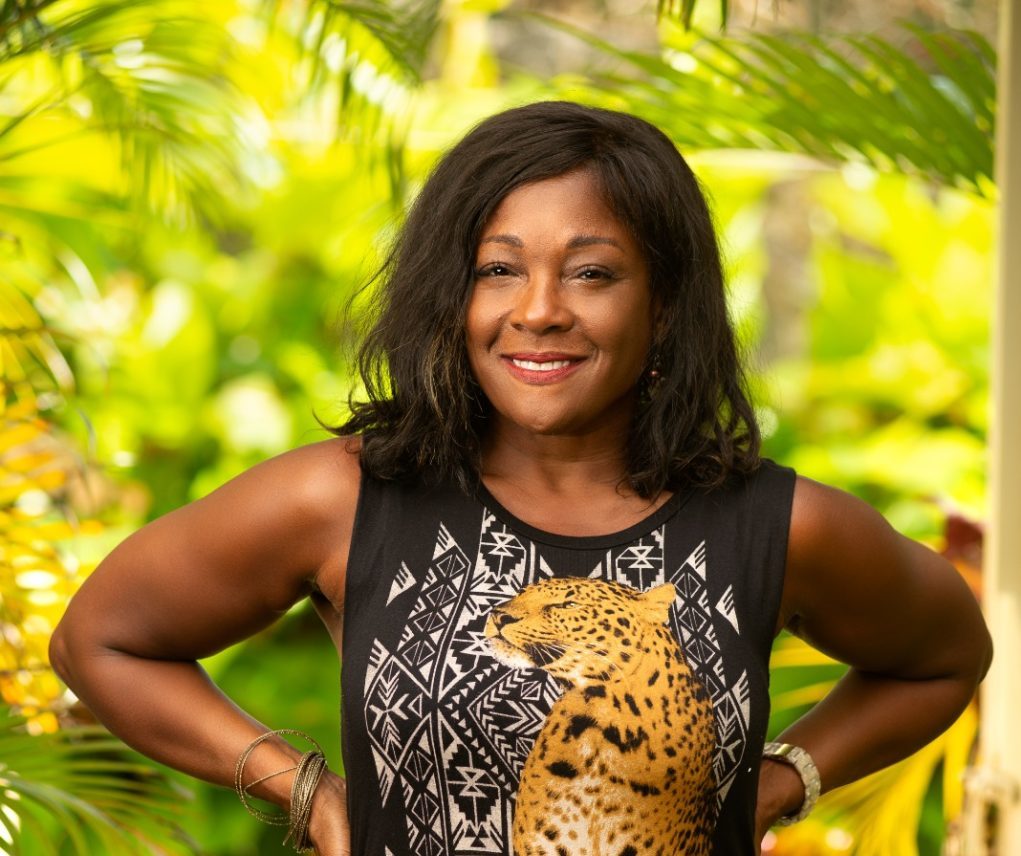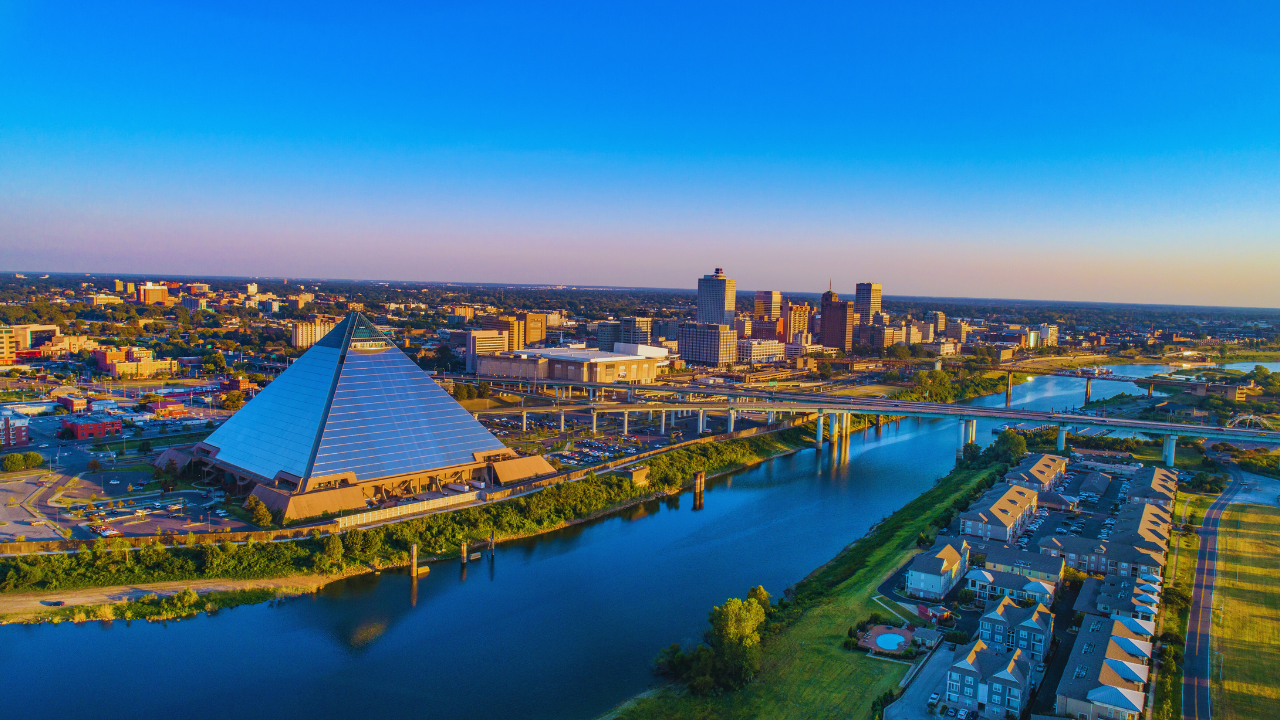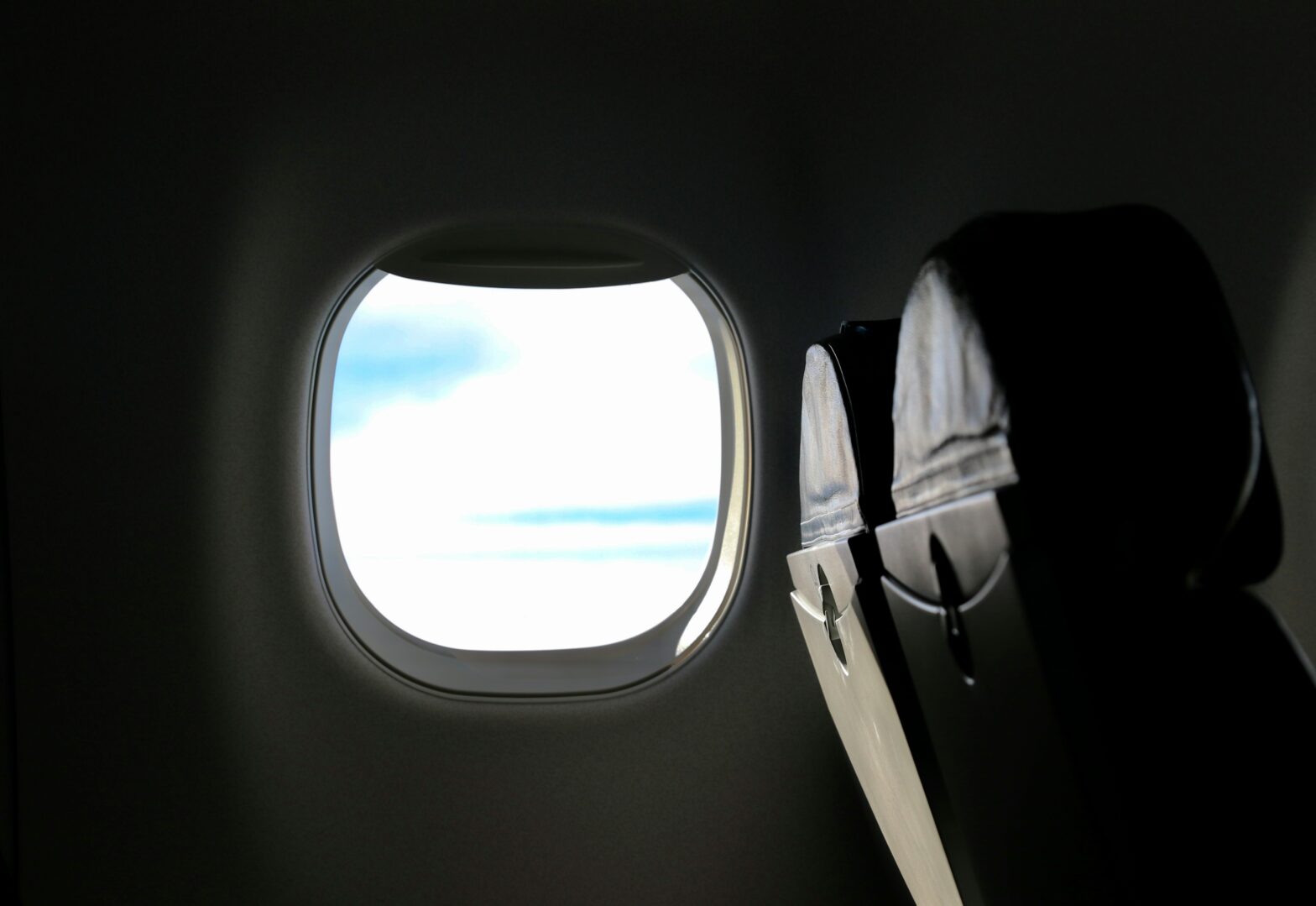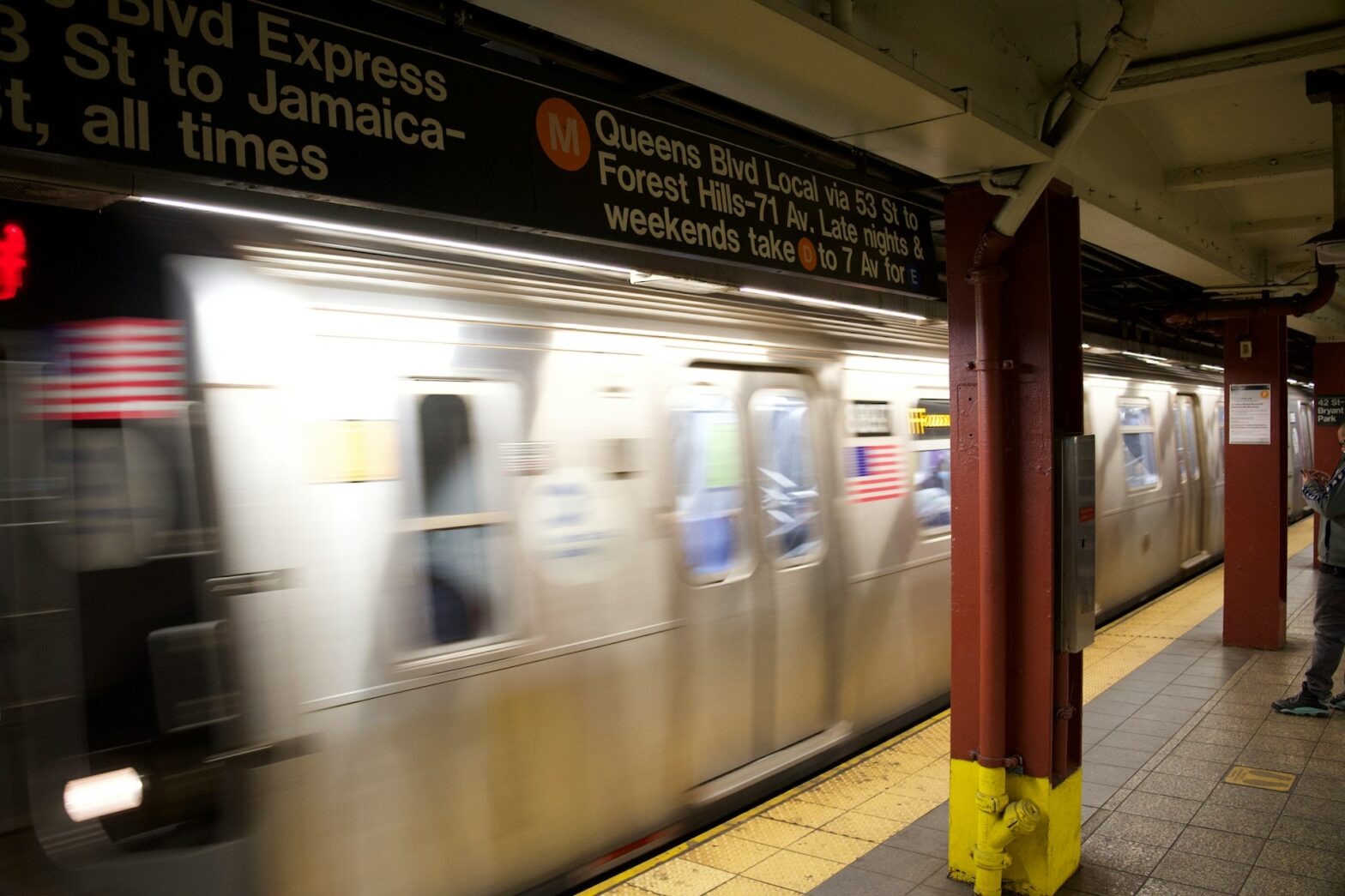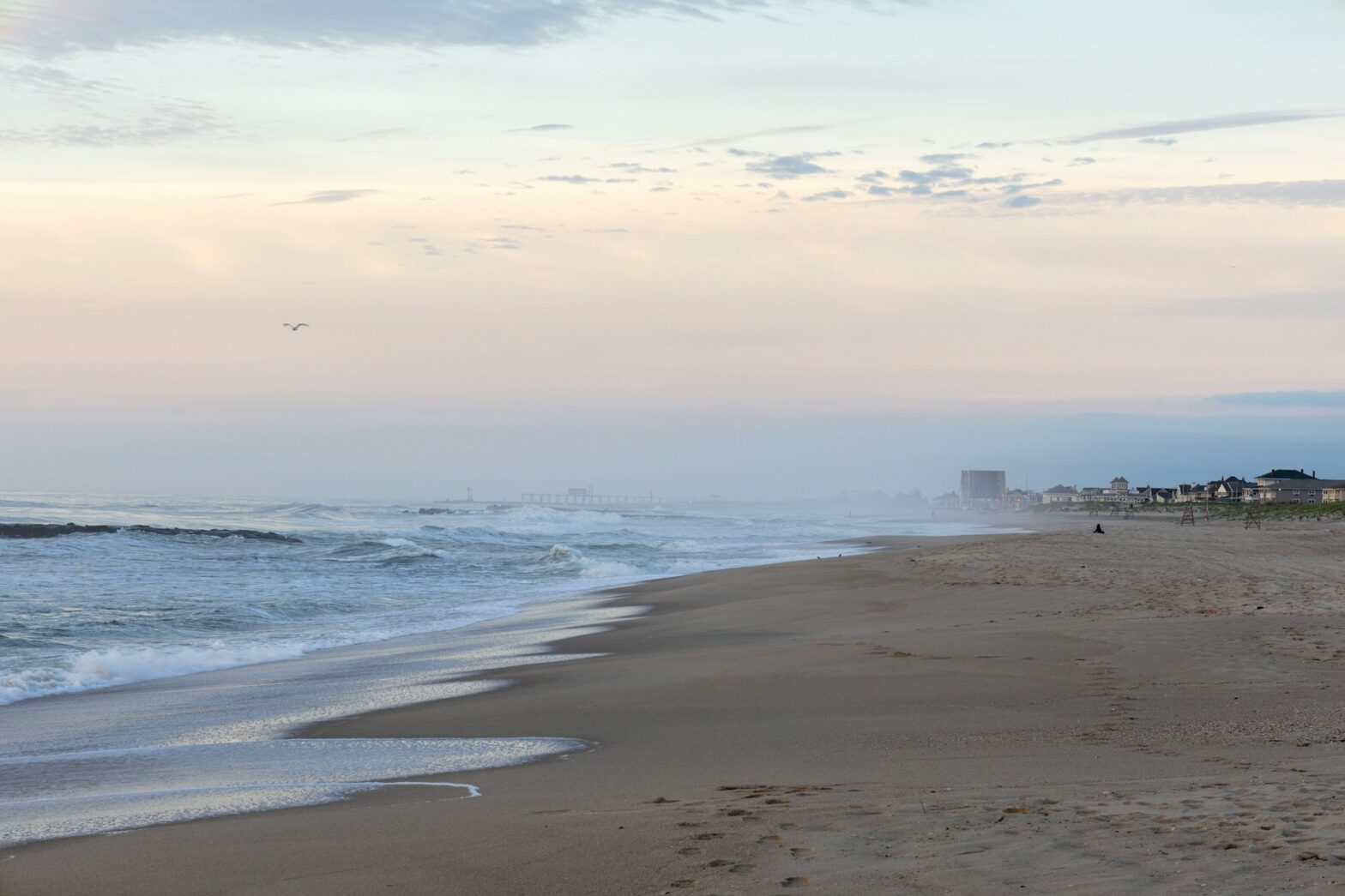Black women own less than one percent of all hotels, according to the National Association of Black Hotel Owners, Operators and Developers (NABHOOD).
So, what’s it like being a Black-woman hotel owner?
Travel Noire spoke to Michelle Ifill-Jenkins, CEO and founder of La Maison Michelle, Barbados Luxury Retreats, and Deidre Mathis, owner of the first Black-owned hostel in the United States. Both women discuss breaking down barriers and how they are defying the odds in the hospitality industry.
Getting Started In The Hotel Industry
Taking the time for self-care and travel after college is what inspired Deirdre Mathis to open WanderStay Hotels: the first Black-owned hostel in Houston. One thing she said she learned on her journey from traveler to author, and now entrepreneur, is that it’s okay to part ways with your original plans.
2021 marks three years since Mathis opened WanderStay, and she told Travel Noire that she’s gearing up to expand by opening a boutique hotel in Houston’s Edo, early 2022.
As for Ifill-Jenkins, she attributes the idea of development to her husband who saw the value in the land early on. After getting married on the island, her father allowed the newlyweds to tour the land he owned. The land went unoccupied for more than 50 years, until her dad made it available to his children and their families. Years later, they decided to build a resort.
When getting started, both women stressed the importance of ownership.
“For me, it’s so crucial for those of us of color, specifically, who have property and land in the family to hold on to it,” said Ifill-Jenkins. “Once you let property leave family, it’s impossible to get back. That was my focus: how can you use this property and make it so that it’s also an investment, and it’s possible to keep it in the family.”
“I tell people all the time that I could’ve started WanderStay one or two years earlier if I had chosen to lease as oppose to purchase, but for me, it was very important to buy my building,” Mathis added.
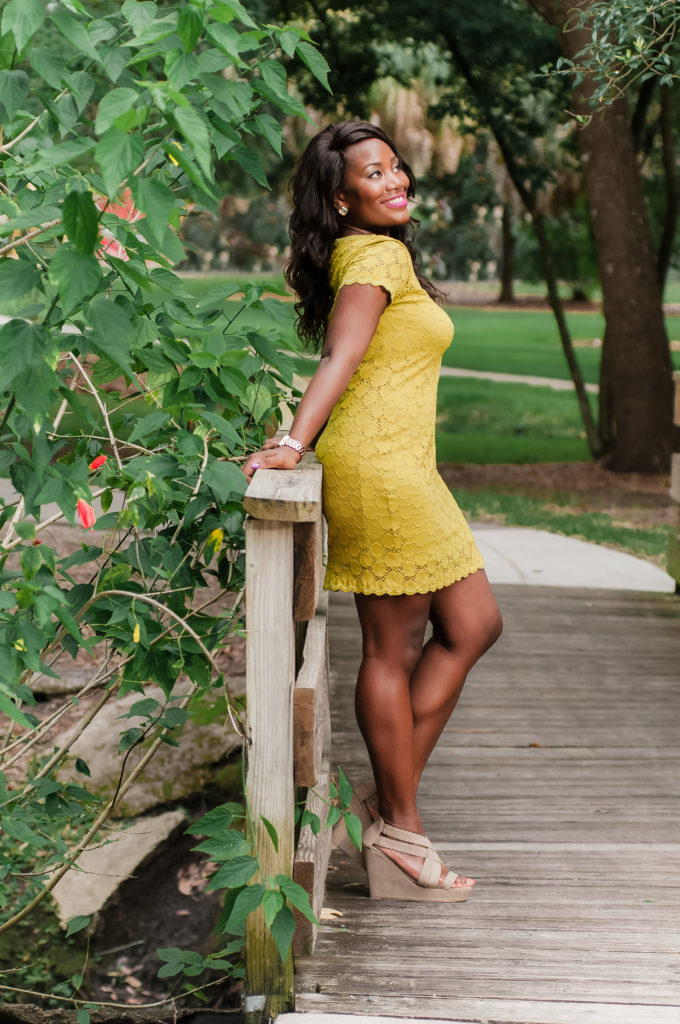
The Importance Of Representation In Hotels
Recent data shows Black travelers contribute more than $63 billion to the travel and hospitality industry. Black leisure travelers also generate more than $450 million in leisure stays. Even with their major contributions, many travelers of color feel discriminated against. Research from the same study revealed that 42% of Black meeting professionals have felt unwelcomed in a destination in which they have attended a meeting in the past.
Ifill-Jenkins and Mathis say having people that look like you running things can change the experience.
“We’ve all seen the viral videos of guests cursing staff out and being rude,” said Mathis. “But when you have a minority-owned company, you can mitigate that. It’s less likely that stuff like that happens at your property. Representation is also important because it shows that it can be done. Travel and hospitality are diverse. Everyone travels and it makes no sense for the industry to be one way, specifically white male.”
“We are huge consumers of travel, hospitality and entertainment. There are studies upon studies about the millions of dollars being spent and the numbers continue to go up with regard to the way we are consumers. The reality is that we shouldn’t just be consumers, but we should also be owners. That’s how you keep the money in the community,” Ifill-Jenkins added.
Diversifying The Hotel Industry
With less than 1% of ownership, both women hope to see more Black-owned hotel and resort owners in the next 10 to 15 years.
“We didn’t have the training and instruction, so we made a lot of mistakes. What I want to do is make it such that the next entrepreneur behind me doesn’t have to make the same mistake. One of things I am thinking about is coordinating a course on how to develop your family-owned property because that didn’t exist for me,” said Ifill-Jenkins. “There are so many people I know who have property and just feel it’s too overwhelming to think about what to do with it.”
“I didn’t realize there were so few. When you read articles about Black-owned hotels, it’s the same people over and over. In 2021, that is a bit shocking when there are tens of thousands of hotels and bread and breakfasts worldwide. While I feel honored and privileged, it’s our responsibility to help those behind us.”
